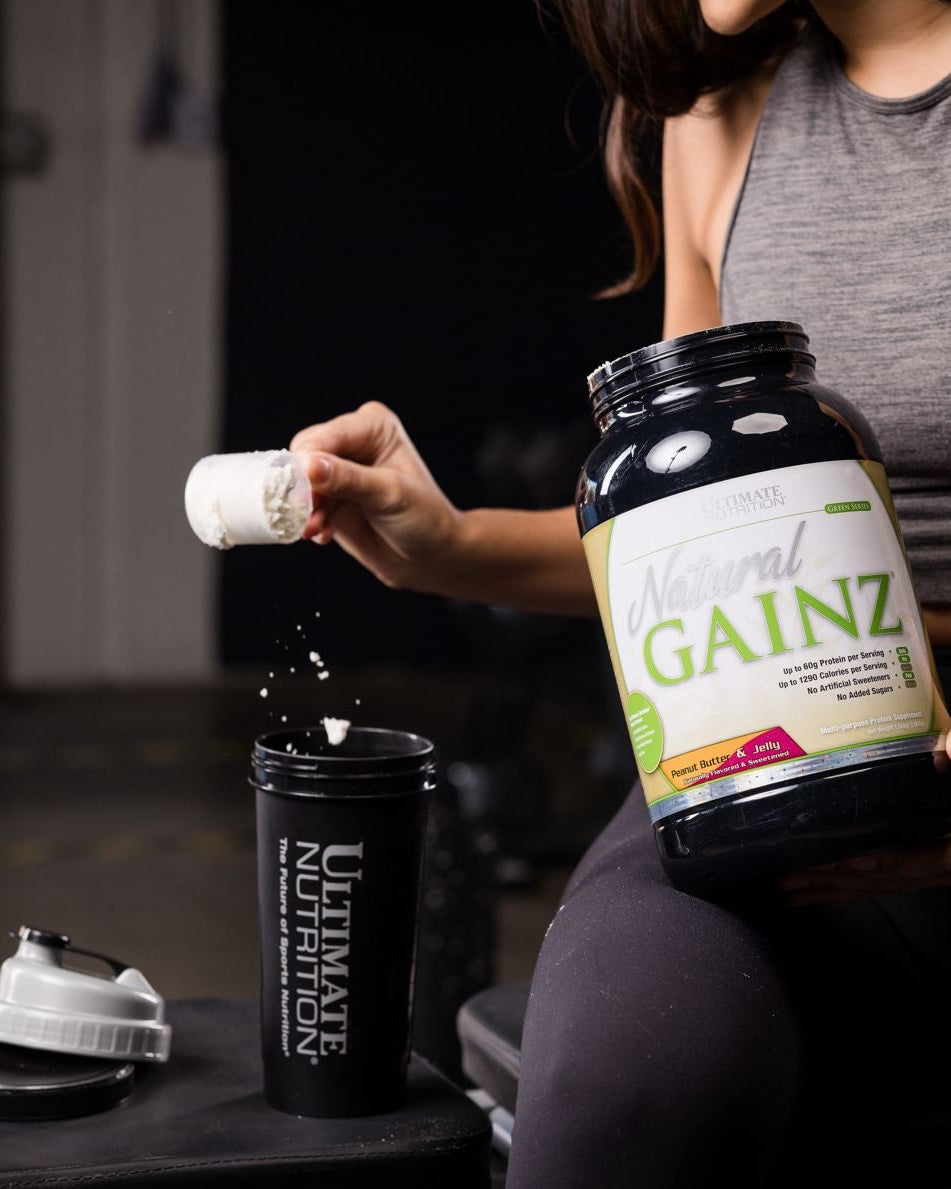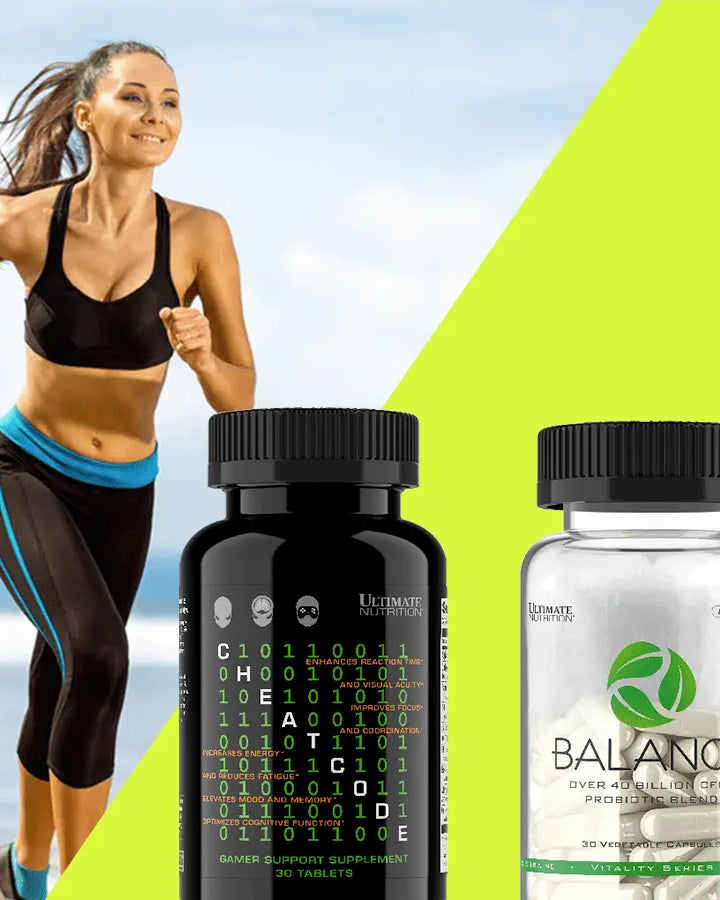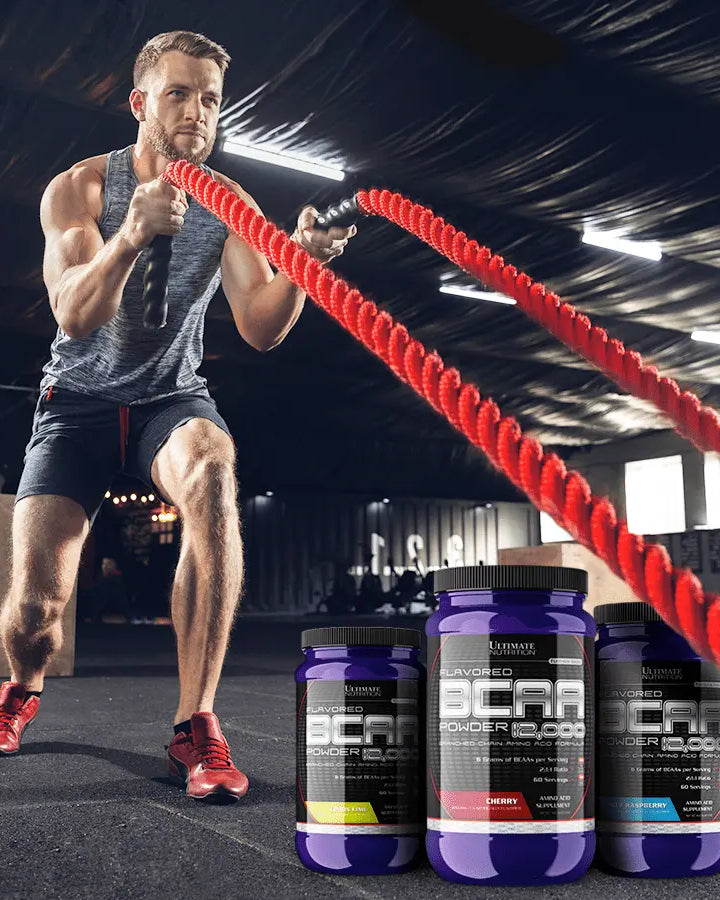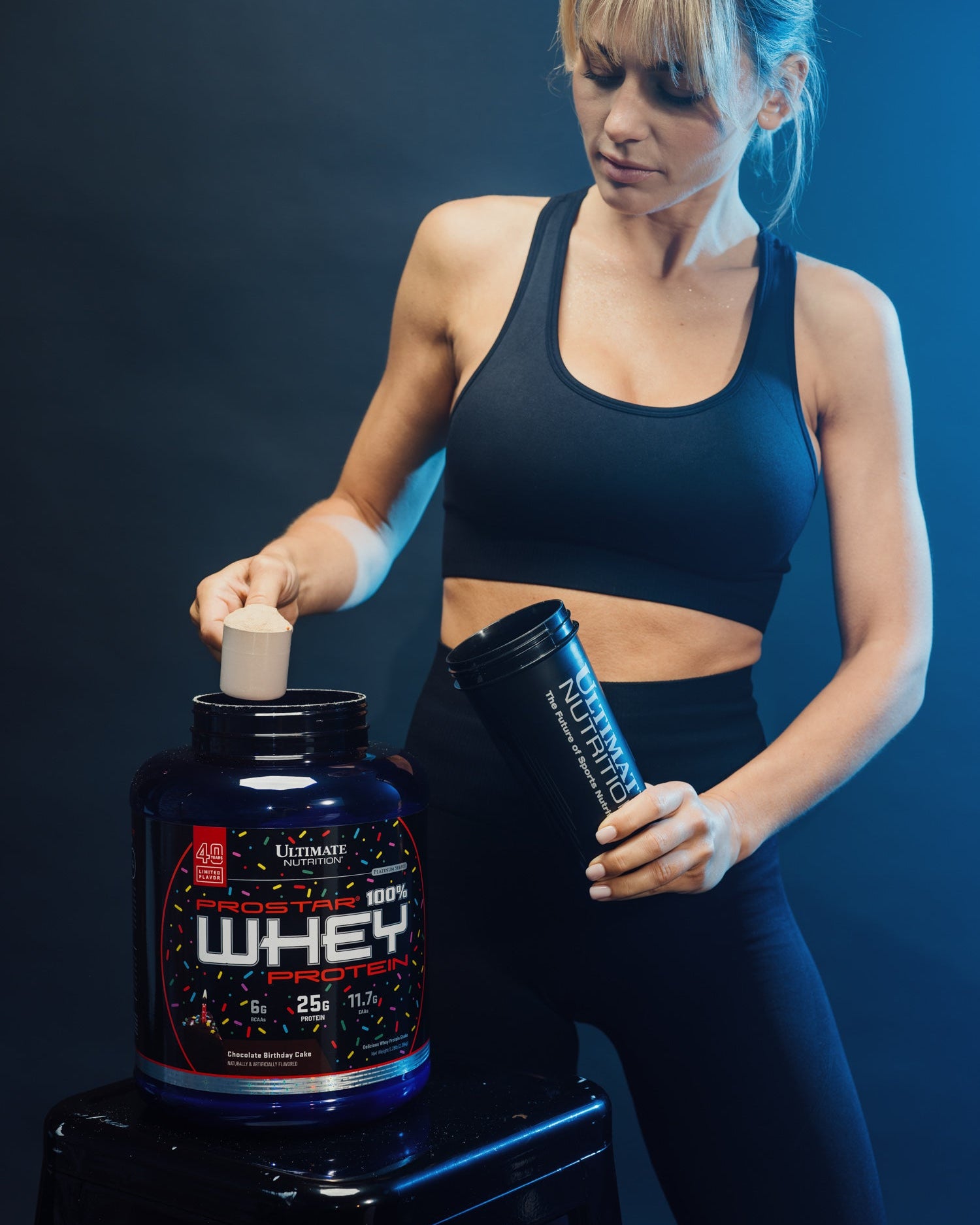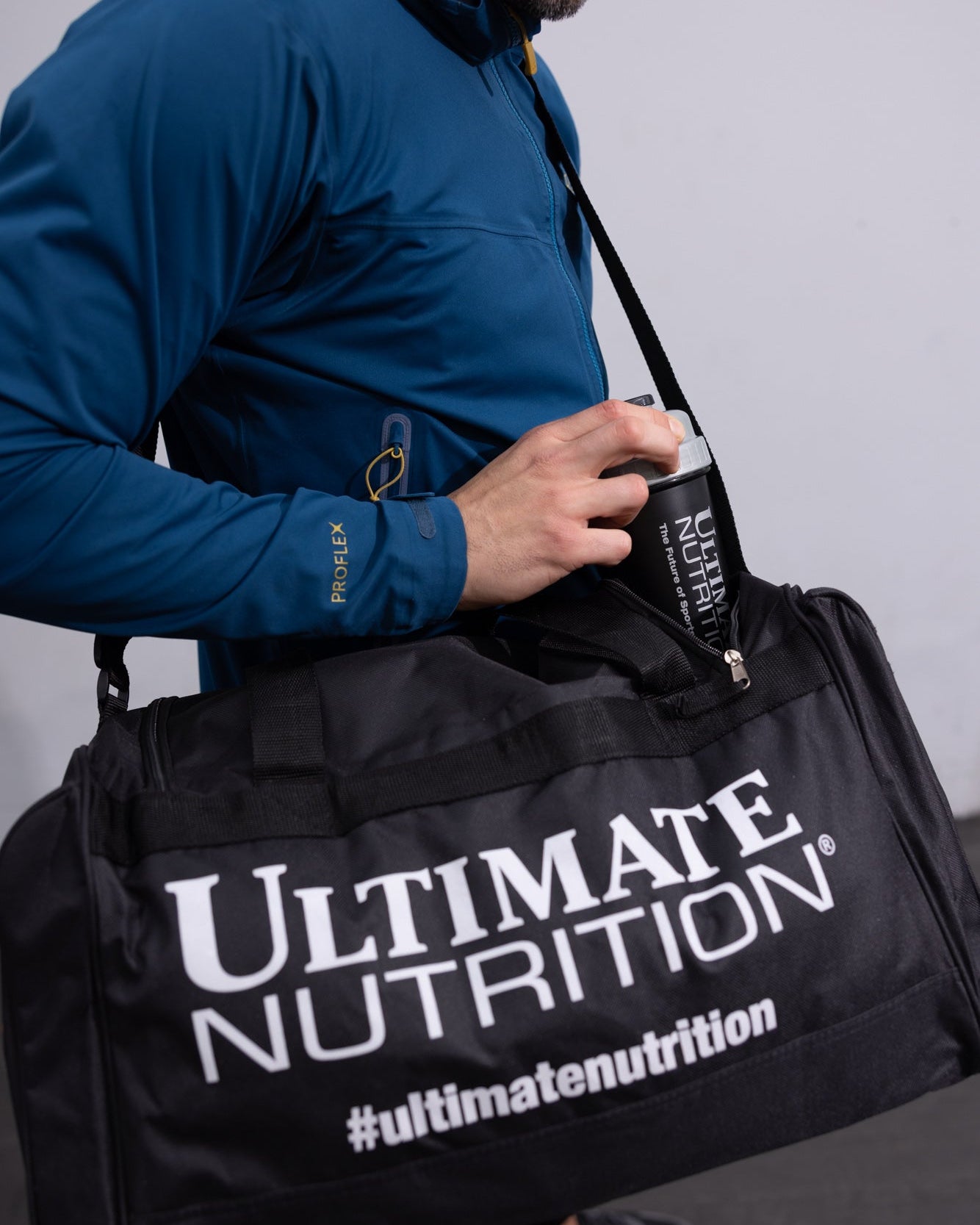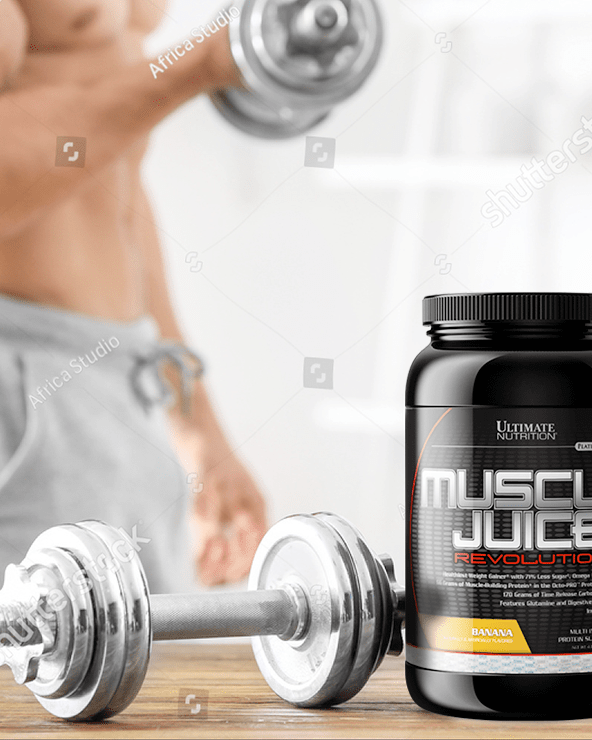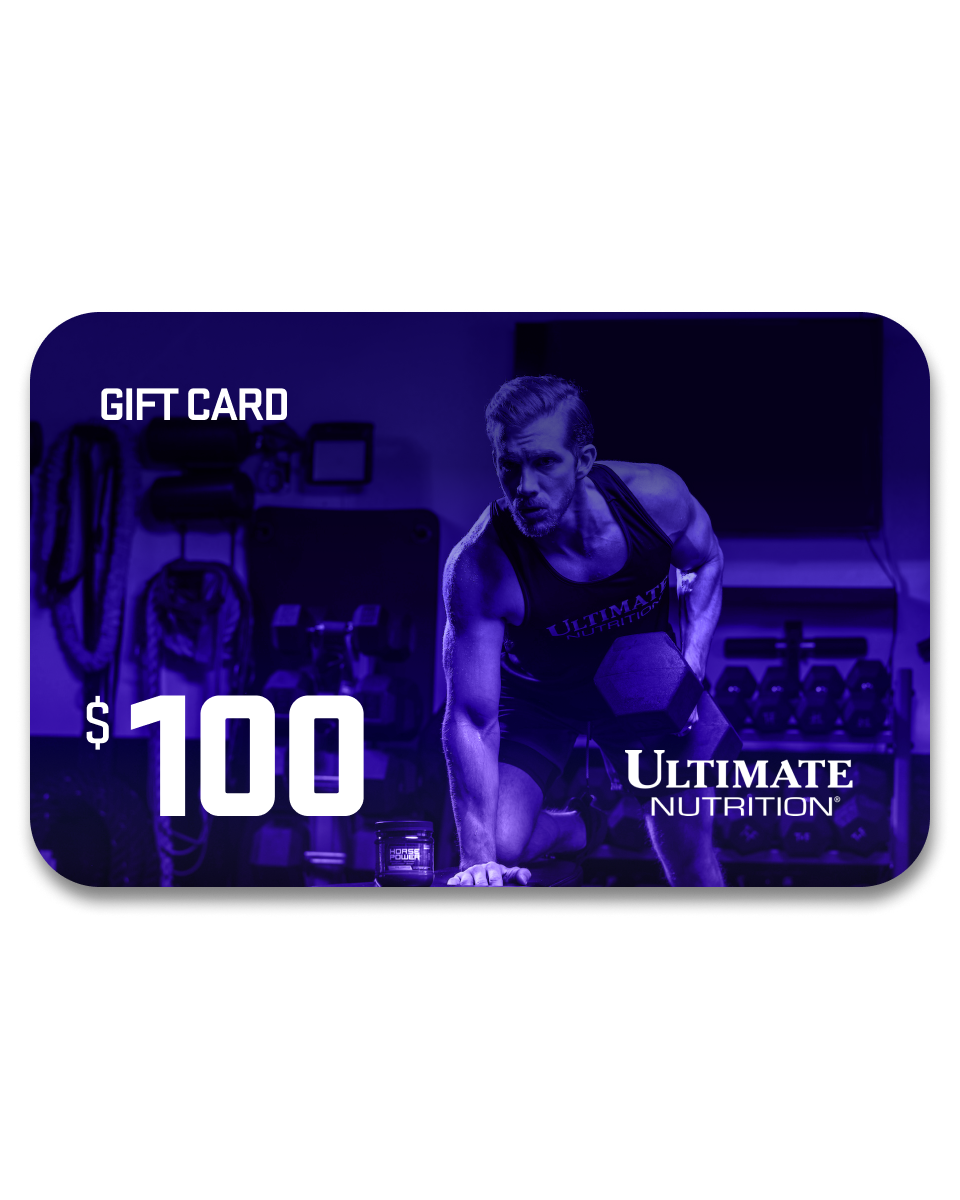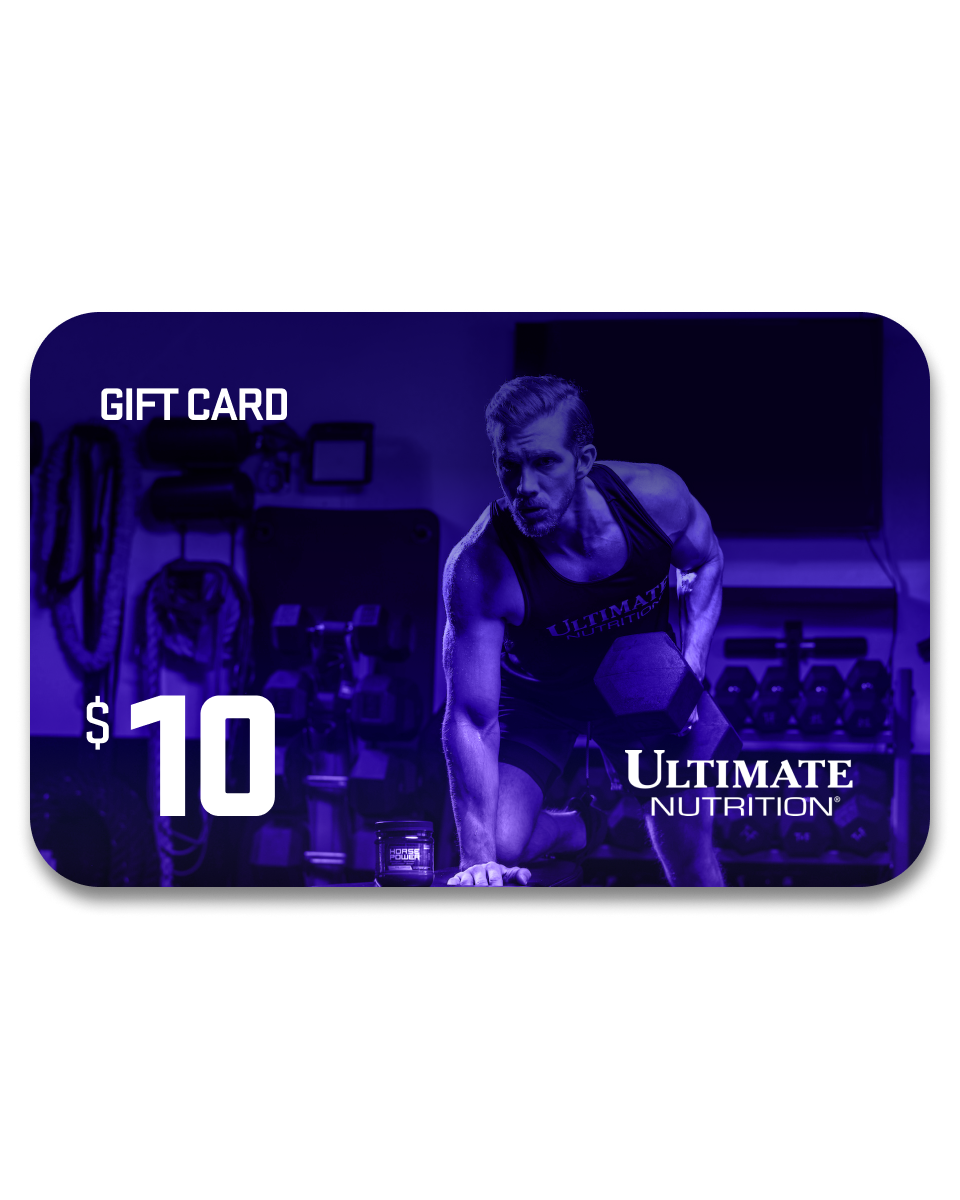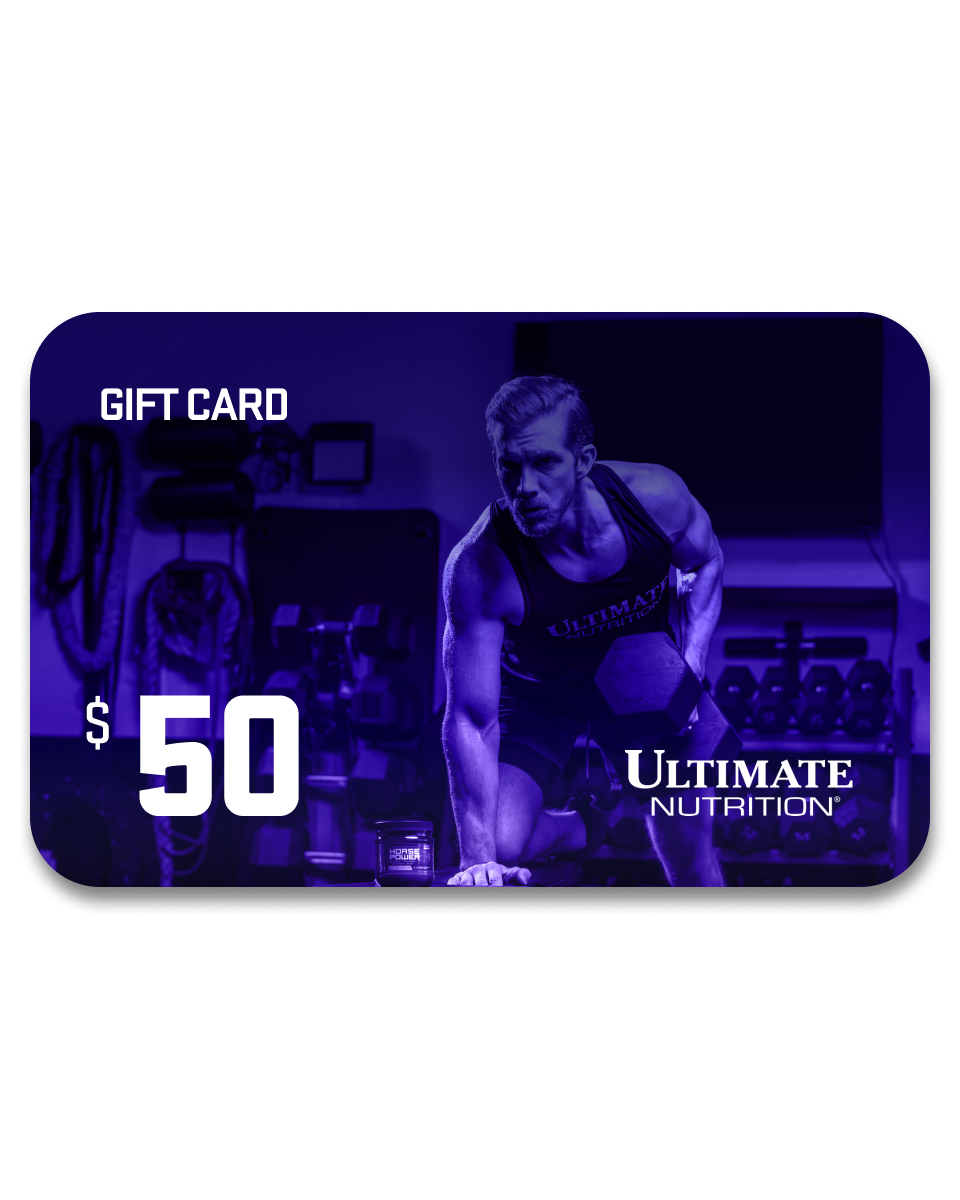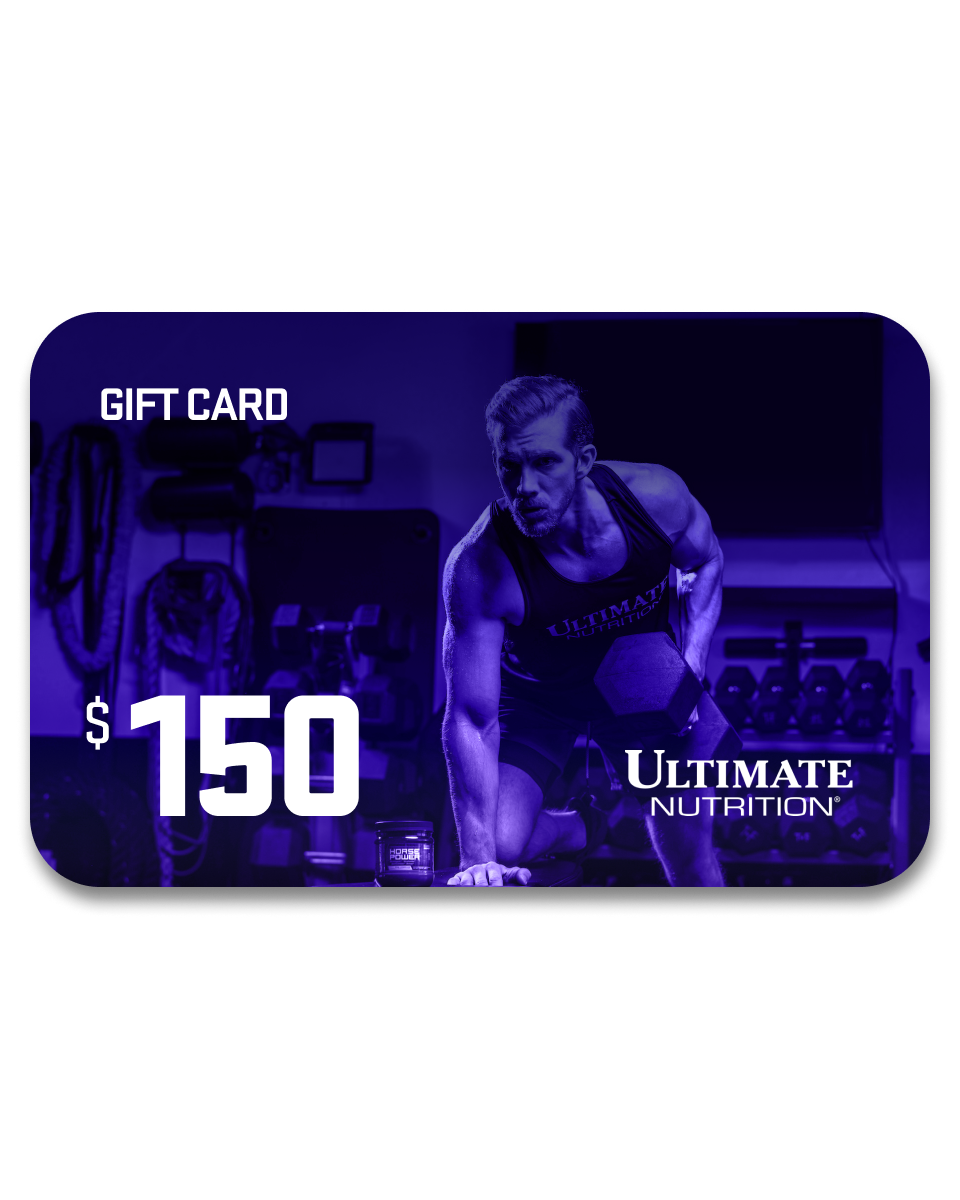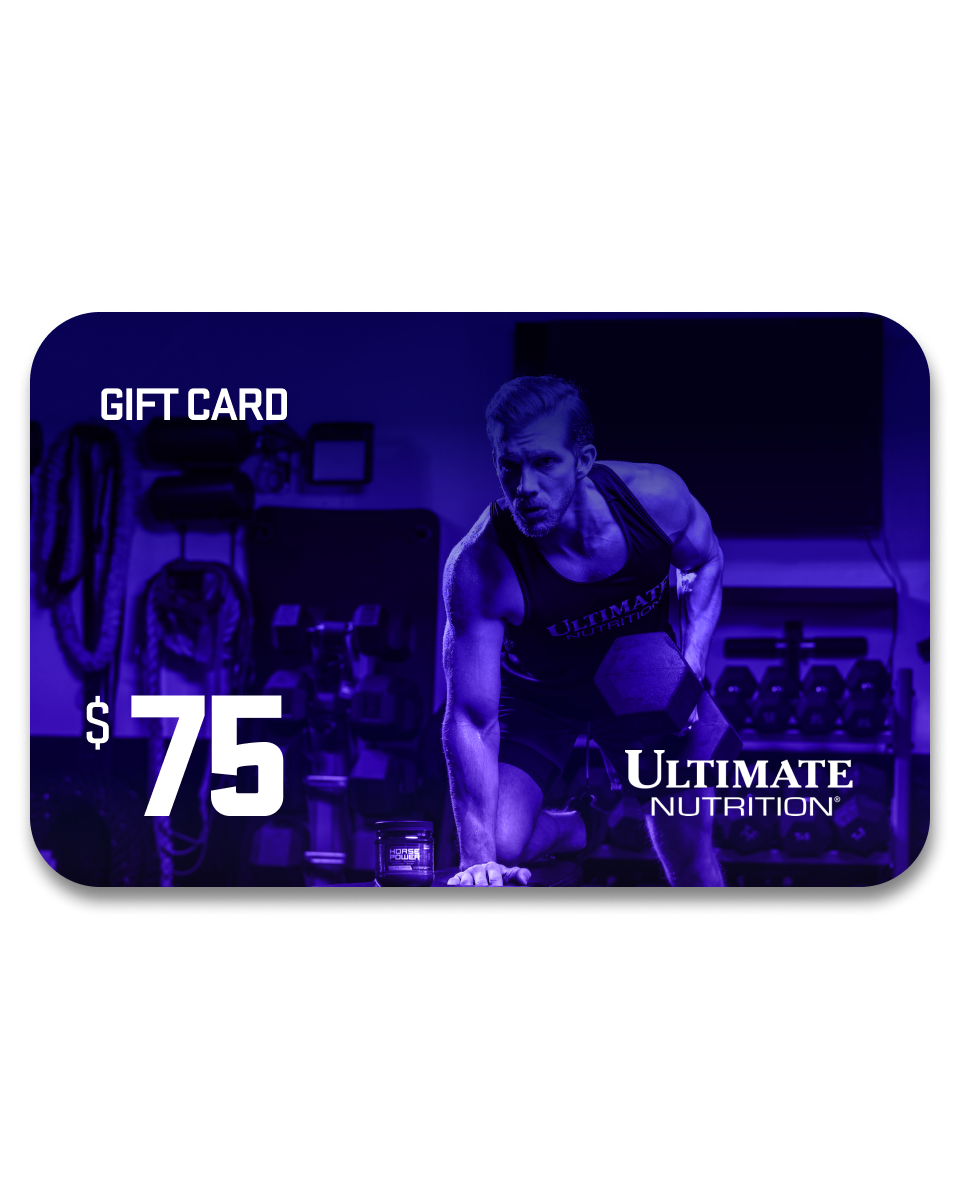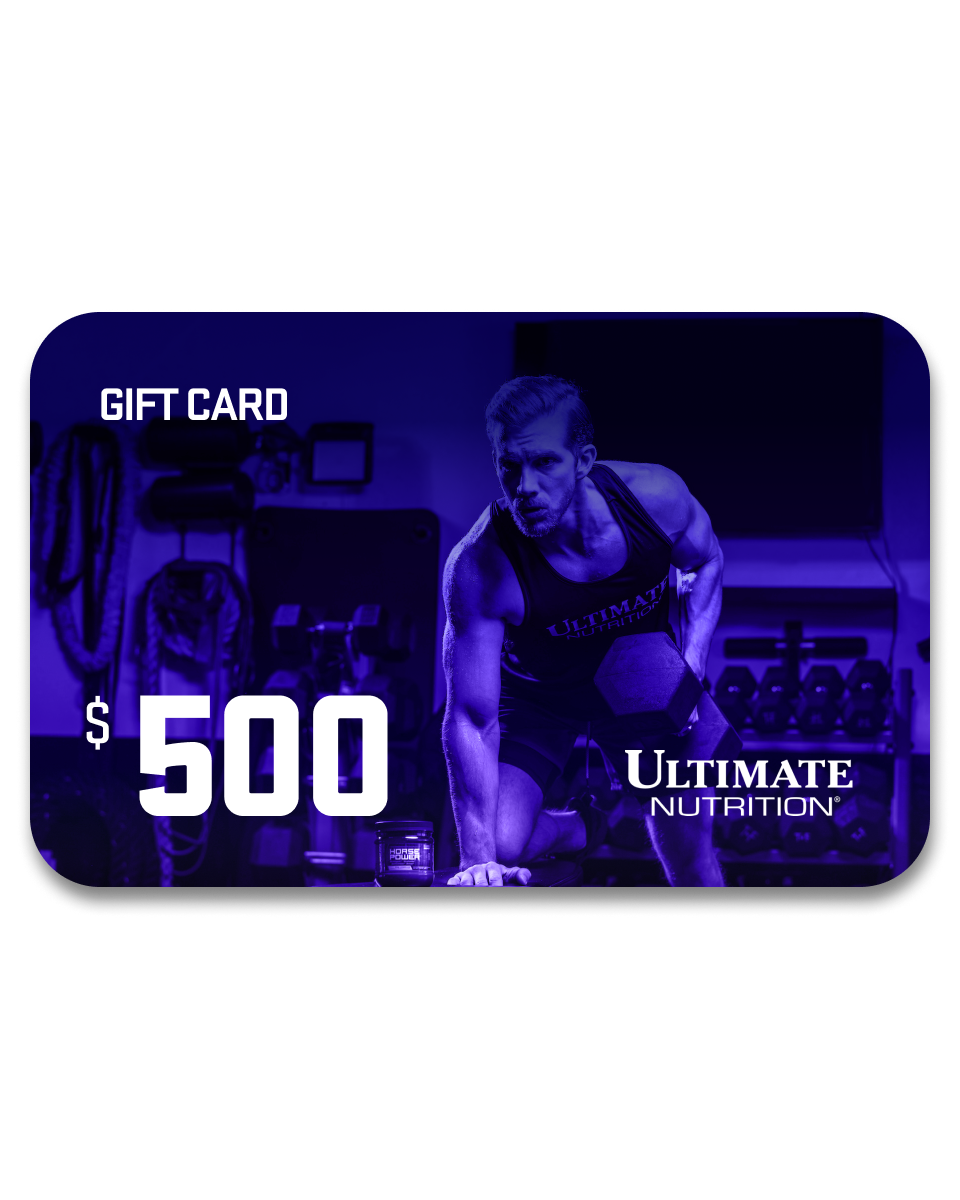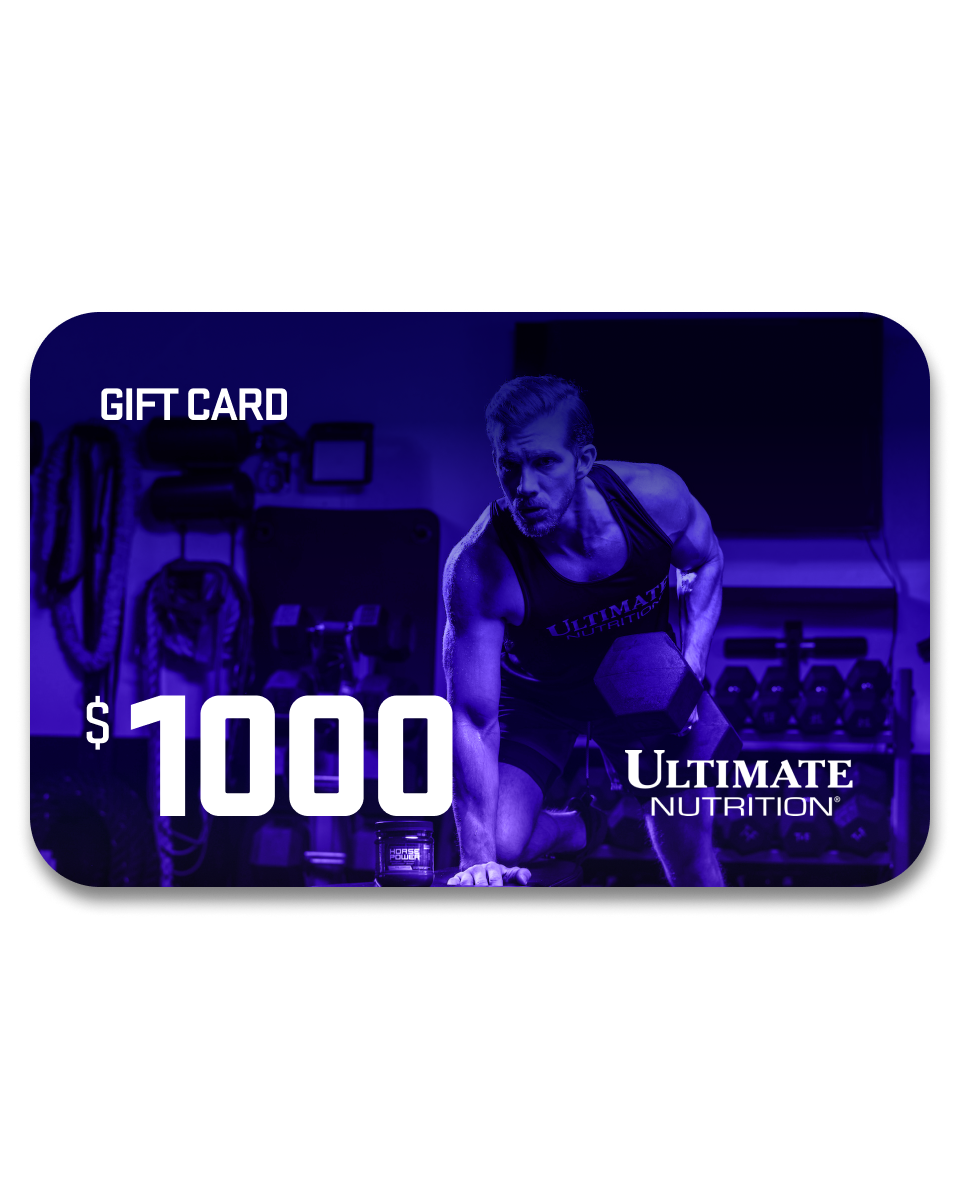Every athlete knows that nutrition is one of the most important aspects of fitness. More specifically, a vegan diet has many advantages. If planned correctly, plant-based foods can provide all the nutrients needed for an active lifestyle.
In this article, we’re breaking down the benefits of vegan diets for your fitness regimen so you can get the most out of your nutrition.

Benefits of a Plant-Based Diet for Athletes
According to an article in Diabetes Care, this type of diet can also encourage leaner muscle mass, weight loss, improved recovery, and improved health over a diet based on animal products.
-
Leaner Body Mass: Research has found that vegan diets are associated with a lower body mass index compared to vegetarian and omnivorous diets. By replacing energy-dense animal-based foods with lower-calorie plant foods that generally have a higher water content, lower fat content, and higher fiber content.
Plant-based nutrition also increases the thermic effect of food, meaning we expend more calories digesting plant-based foods than animal foods.
-
Improved Recovery: Exercise and other lifestyle habits produce free radicals, which can damage our cells when the production of free radicals exceeds the body’s ability to neutralize them. Plant-based whole foods are high in antioxidants, which neutralize these free radicals and decrease inflammation.
-
Improved Health: According to an article in the European Heart Journal, research shows that plant-based diets are protective against many diseases, like heart disease.

Will I Need Supplements When on a Vegan Diet?
Vegan athletes benefit from a diet high in carbohydrates, low in fat, and rich in vitamins, minerals, and antioxidants. According to a study in Physicians Committee, this can improve heart health, performance, and recovery.
While vegan diets can have just as much, if not more, nutritional benefit as omnivorous diets, athletes with a more intense training regimen may benefit from supplementation.
Pro Tip: Upgrade your routine with the next-level vegan protein shake from Ultimate Nutrition: Protein Isolate 2
Now for the fun part: Let’s get down to the nitty-gritty of plant-based athlete nutrition so you know what to expect.
Protein Sources for Plant-Based Athletes
Along with strength training, protein-rich foods containing all essential amino acids are the basis for targeted muscle growth. For casual athletes, 0.8-1 kilogram of protein per body weight is recommended, while frequent endurance athletes and strength trainers should shoot for 1.2-1.7 kilograms of protein per body weight.
According to an article in the Journal of the International Society of Sports Nutrition, soy protein, chickpeas, beans, peanut butter, and wholegrain products are some of the best sources of protein for vegan athletes. For muscle growth, it is generally recommended to consume proteins and carbohydrates within two hours after a workout.
Speaking of carbs, which carbohydrates can you eat on a vegan diet?
Carbohydrate Sources for Plant-based Athletes
Complex carbohydrates should be the foundation of any vegan or plant-based diet. These nutrients are not only vital for muscle function, but they also support the function of brain and nerve cells. Complex carbohydrates can mainly be found in fruits, vegetables, potatoes, quinoa, and whole grain products (pasta, bread, oat flakes, couscous, brown rice, etc).
These foods are also high in dietary fiber, which prevents blood sugar levels from rising too quickly and thus stabilizes performance. They can also aid in weight management by staving off feelings of hunger.
Now that we’ve covered protein and carbs, let’s look at some of the healthy fat sources a vegan diet includes.
Healthy Fats for Energy
According to an article in the German Nutrition Society, fats play a crucial role in athletic success just as much as protein and carbohydrates. However, the dietary recommendations for fats shouldn’t change according to exercise levels. Fats should take up approximately 30-35% of a balanced diet. They should also come from primarily plant-based sources.
In addition, saturated fatty acids (found in meat and dairy products) should be replaced with polyunsaturated fatty acids. Nuts and seeds like walnuts, chia seeds, and linseeds are ideal sources of fat that can easily be added to cereal or smoothies. Microalgae oil is also a great source of Omega-3 fatty acids, which can have wonderful anti-inflammatory effects.
Last but not least, let’s discuss the best sources of vitamins and minerals in a plant-based diet.
Vitamins and Minerals for Vegans
While a vegan diet has many benefits for athletes, critical nutrients like calcium (for bone health), zinc, Vitamin B12, and iron must be monitored. Iron, in particular, is an essential part of the oxygen delivery system. This mineral can be found in wholegrain cereal, legumes, nuts, seeds, and vegetables. In addition, iron-rich foods should be combined with Vitamin C sources for maximum iron absorption.
Try to stay away from caffeine at least 1-2 hours after ingesting iron, as caffeine can deplete iron from the body.

Ready to Go Vegan?
When balanced with the right nutrition, a vegan diet has many benefits, including the potential to build leaner muscle mass, lower body fat, and reduce inflammation, which can lead to long-term positive health effects.
To accomplish this, seek out plant-based protein sources and animal product replacements like soy milk. Also, it’s crucial to pay attention to vitamins and minerals like calcium, vitamin C, and zinc.
For more information on the best nutritional sources and supplements, check out the blog at Ultimate Nutrition.
The information provided in our articles are meant for informational and educational purposes exclusively and should not be considered as medical advice. It is essential to consult a healthcare professional before starting a new nutritional product and/or making significant changes to your diet and/or starting a new exercise regime. These products are not intended to diagnose, treat, cure, and/or prevent disease.

